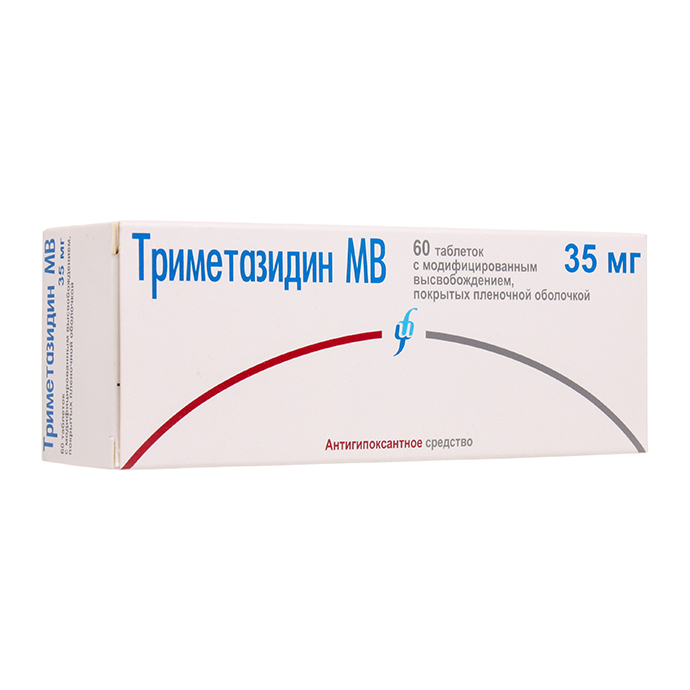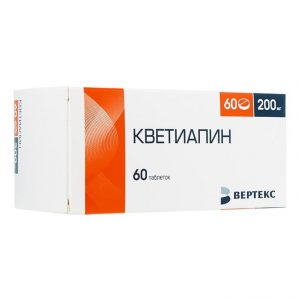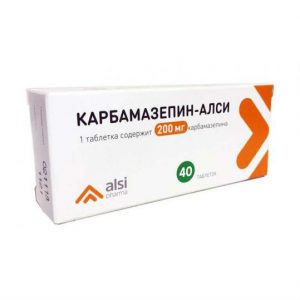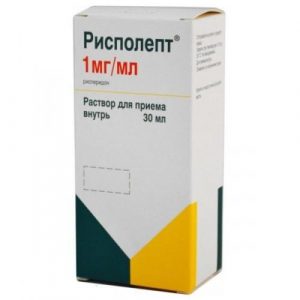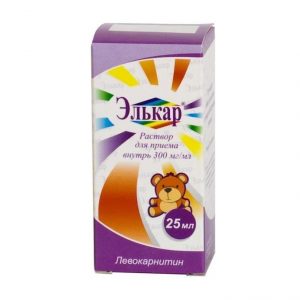Description
Release form
Long-acting film-coated tablets.
Pharmacological action
Pharmacodynamics
Has antihypoxic effect. Trimetazidine prevents a decrease in the intracellular concentration of adenosine triphosphate (ATP) by maintaining the energy metabolism of cells in a state of hypoxia. Thus, the drug ensures the normal functioning of membrane ion channels, transmembrane transfer of potassium and sodium ions and preservation of cell homeostasis. Trimetazidine inhibits fatty acid oxidation by selectively inhibiting the enzyme 3-ketoacyl-CoA-thiolase (3-CAT) of the mitochondrial long chain fatty acid isoform, which leads to increased glucose oxidation and accelerated glycolysis with glucose oxidation, which determines the protection of the myocardium from ischemia. Switching energy metabolism from fatty acid oxidation to glucose oxidation underlies the pharmacological properties of trimetazidine.
It is experimentally confirmed that trimetazidine has the following properties:
supports the energy metabolism of the heart and neurosensory tissues during ischemia
reduces the severity of intracellular acidosis and changes in the transmembrane ion flux, arising from ischemia
lowers the level of migration and infiltration of polynuclear neutrophils in ischemic and reperfused heart tissues
reduces the size of myocardial damage
does not directly affect hemodynamics.
In patients with angina pectoris, trimetazidine:
increases coronary reserve, thereby slowing the onset of exercise-induced ischemia, starting from the 15th day of therapy
limits the fluctuations in blood pressure caused by exercise, without significant changes in heart rate,
reduces the frequency of angina attacks and the need for short-acting nitroglycerin
improves left ventricular contractile function in patients with ischemic dysfunction.
Pharmacokinetics
After oral administration, trimetazidine is absorbed from the gastrointestinal tract and reaches a maximum plasma concentration after about 5 hours. Over 24 hours, the plasma concentration remains at a level exceeding 75% of the concentration determined after 11 hours. The equilibrium state is reached after 60 hours. Eating does not affect the bioavailability of trimetazidine.
Distribution volume is 4.8 l / kg, indicating a good distribution of trimetazidine in the tissues (the degree of binding to blood plasma proteins is quite low, about 16% in vitro). Trimetazidine is excreted mainly by the kidneys, mainly in unchanged form. Renal clearance of trimetazidine directly correlates with creatinine clearance (CC), hepatic clearance decreases with the age of the patient.
Indications
– Coronary heart disease: prevention of angina attacks (in complex therapy)
– Chorioretinal vascular disorders
– Cochleo-vestibular disorders of ischemic nature (tinnitus, hearing loss, dizziness).
Contraindications
– Hypersensitivity to any component of the
preparation – Renal failure (creatinine clearance less than 15 ml / min.)
– Severe hepatic dysfunction
– Pregnancy
– Breast-feeding period – up to 18 years of age and up to
safety not established)
– For patients with lactase deficiency, galactosemia, or glucose-galactose malabsorption syndrome.
Use during pregnancy and lactation
The drug is contraindicated during pregnancy due to the lack of clinical data on the safety of its use. It is not known whether trimetazidine is excreted in breast milk.
Therefore, if necessary, the appointment of the drug during lactation should stop breastfeeding. In experimental studies, the teratogenic effect of trimetazidine has not been established.
Special instructions
It is not used for the relief of angina attacks and is not indicated for the initial course of therapy for unstable angina or myocardial infarction, as well as in preparation for hospitalization or on its first days.
In the event of an attack of angina pectoris, treatment (drug therapy or revascularization) should be reviewed and adapted.
Impact on the ability to drive transp. Wed and fur .:
The use of the drug does not affect the ability to drive a car and perform work requiring a high speed of mental and physical reactions.
Composition
1 film-coated sustained-release tablet contains:
Active ingredient:
trimetazidine dihydrochloride 35 mg.
Excipients:
calcium hydrogen phosphate dihydrate,
microcrystalline cellulose,
silicon dioxide colloidal (aerosil),
hydroxypropyl cellulose Klucel LF,
hydroxypropylmethyl cellulose, plasdon std-6.
Composition of the film coat:
Selekout (hydroxypropyl methylcellulose, S-630 plasdon, polyethylene glycol, talc, iron oxide red, titanium dioxide).
Dosage and Administration
Trimetazidine MV is prescribed 1 tablet 2 times a day during meals in the morning and evening.
The duration of therapy is set individually.
Side effects of
Rarely – nausea, vomiting, allergic reactions are possible.
should be used, if necessary. Overdose of
No cases of drug overdose have been reported.
Storage conditions
In a dark place at a temperature not exceeding 25 ° C, Keep out of the reach of children.
Expiration
2 years.
Deystvuyuschee substances
Trimetazidine
Dosage form
tablet prolong.
Indications
Angina
